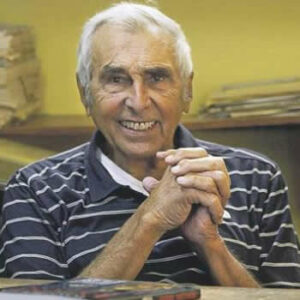
Tony Bouza
BY TONY BOUZA
Managing a police department is not nuclear science or even brain surgery. It is about managing—i.e., Why are we here? What are we supposed to do? And how best to do it, cheaply? Capitalism at its purest.
So why is it so damnably difficult to get them to do it?
Do what?
Only three things, basically: (1) cope with street crime, (2) respond to emergencies (911), and (3) control motor vehicle traffic.
Ta-da!
Easy to describe, no?
Actually, hard to do.
In a racist society—as we are—it is difficult to control those asked to control criminals. Poverty, racism and exclusion consign our Black citizens to strategies that force them into addictions and crime. Roe v. Wade produced a miracle of safety but who wants to talk about that?
Our Founding Fathers believed in tough law-and-order measures. The toughest approaches—decoys, stakeouts, stings, chokeholds, breaking into homes, listening to secret conversations and such are perfectly constitutional. Practically any aggressive police tactic you can name is constitutional.
So what’s the problem?
Institutions.
Police unions want their members to be safe, warm, comfortable and protected—from everything. You’d think they took the job to be coddled.
Mayors need money, endorsements and support—not organized opposition.
Capitalism is the model—hire and fire; demand and measure results; reward greed (remember “Greed is good”?); bottom line.
What government enterprise was ever run on those principles?
Government is socialism.
The notion of applying capitalism’s merciless efficiencies to policing would terrify mayors and police chiefs—the only executives who matter in the equation.
Who needs strife?
Go along, get along.
Would the hirers of chiefs ask (or even know) the right questions? Or care?
The press cares.
The public cares.
Those in charge do not.
They care about re-election and nothing else.
What are we left with?
The world’s best economy and non-functional police departments.
Yes, every once in a great while an awful crisis brings police reform.
In 1970 the Serpico scandal shook the NYPD to its foundations. The police commissioner absconded (not quit—fled). A shaken mayor launched a tortured search. I suggested a cop-exile then in D. C.—Pat Murphy.
He launched a revolution. Mercilessly firing, prosecuting, demolishing the bloated hierarchy.
The Thermidor.
Murphy lasted 30 months.
He is a pariah among those who even bother—but the NYPD was never as clean or as efficient as in those two and a half years.
R. I. P. Pat.
























